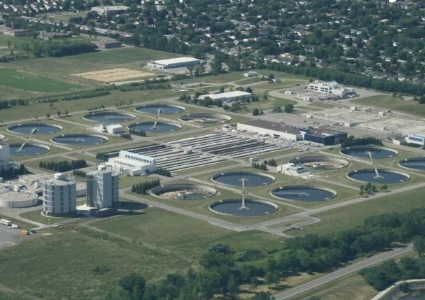Polling

Suggest an important issue not listed in this sub-category (). (Maximum 60 Characters)
Water treatment

Our nation’s water treatment plants treat sewage and wastewater for safe release, and treat drinking water to ensure it is safe for consumption. In some places these two water treatment facilities are located in proximity to one another, their efficiency clearly interdependent. There are 16,000 publicly-owned wastewater treatment plants currently serving 75% of our population – with the remaining being served by decentralized or private septic systems. Advocates claim many of these industrial-scale facilities are operating at capacity or past their expected lifespan. They say most of these plants were constructed when technology was relatively primitive, water was abundant, and people and pollution were not. It is estimated we need to spend about $1 trillion on rebuilding our water purification and wastewater treatment plants over the next 25 years in order to keep up with our needs. Advocates warn these facilities have been neglected far too long, and failure to renovate them will likely have dire effects on the safety of our water supply. Advocates claim every person has a fundamental right to safe water, regardless of where they live, what they look like, or how much money they make. Yet private water corporations do whatever they can to maximize their profits, even if it makes water too expensive or puts people’s well-being at risk.
Pending legislation: H.R.1729 - Water Affordability, Transparency, Equity, and Reliability Act, or the WATER Act of 2023
Sponsor: Rep. Bonnie Watson Coleman (NJ)
Status: Referred to 6 Committees for a period to be subsequently determined by the Speaker
House Minority Leader: Rep. Hakeem Jefferies (NY) (Requesting Discharge Petition)
Pending legislation: H.R.1729 - Water Affordability, Transparency, Equity, and Reliability Act, or the WATER Act of 2023
Sponsor: Rep. Bonnie Watson Coleman (NJ)
Status: Referred to 6 Committees for a period to be subsequently determined by the Speaker
House Minority Leader: Rep. Hakeem Jefferies (NY) (Requesting Discharge Petition)
Poll Opening Date
March 25, 2024
Poll Closing Date
March 31, 2024
Democracy Rules respects the privacy of your information.
See PRIVACY STATEMENT
See PRIVACY STATEMENT